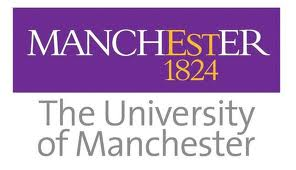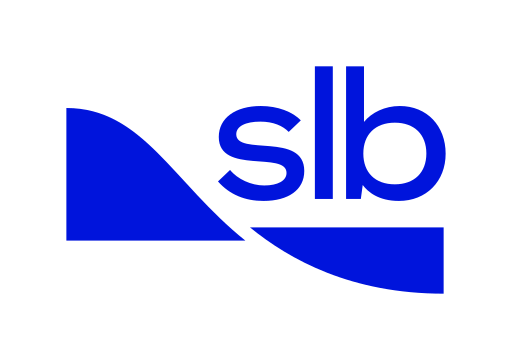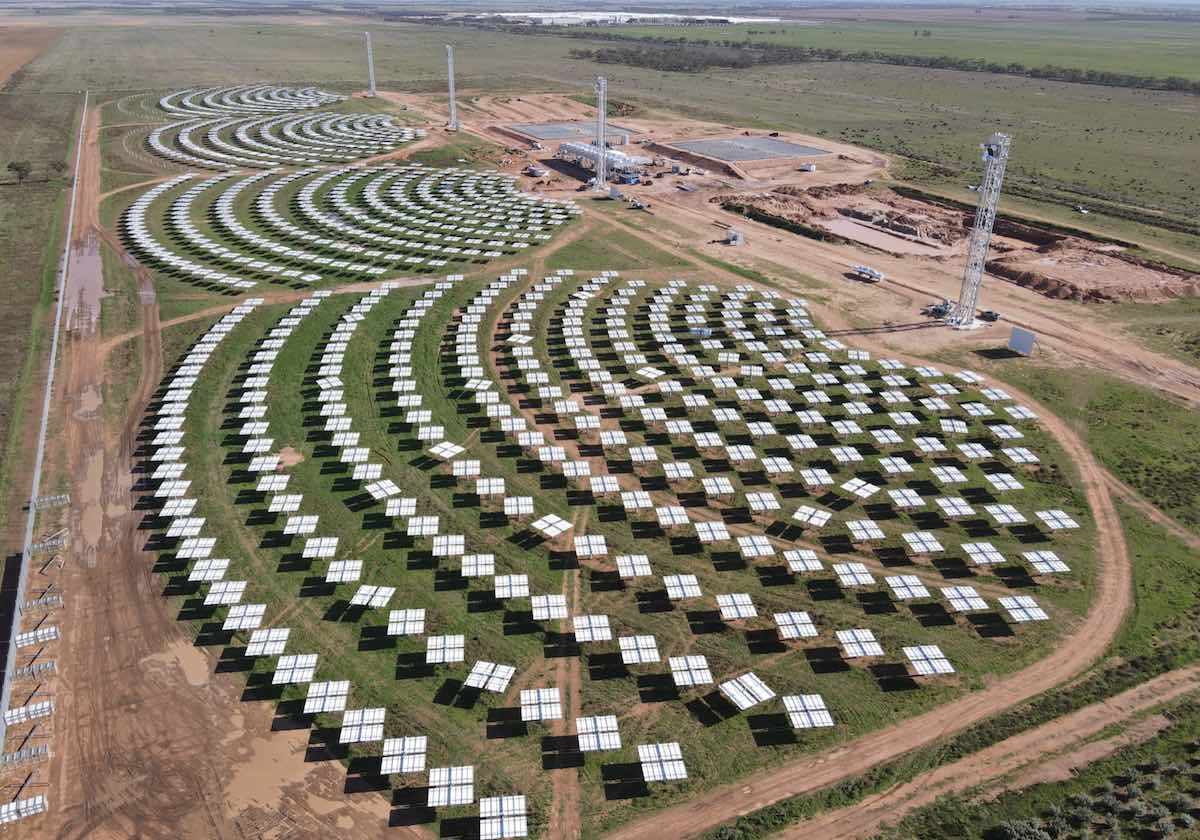



TLDR: An ICASE PhD project funded by a generous scholarship drawing together ideas on co-operation in nature, co-operative game AI, and automatic algorithm design in order to tackle large-scale challenges in optimising energy transition technologies.
NOTE: This project is open for UK/EU/International candidates
Industrial partner: SLB / Schlumberger Cambridge Research
Supervisors: Manuel López-Ibáñez (University of Manchester); Joshua Knowles (SLB / SCR**
Application deadline: 1 May 2024.

Read about the project (below) first. Position is open now, application deadline is 1 May 2024, start date is September 2024.
Applications are sought from talented and motivated candidates with an academic background in at least one of these fields: Computer Science, Mathematics, Statistics, Operations Research, Data Science, Machine Learning, Industrial / Business Engineering or Business Analytics. Applicants must have a First or Upper Second Class Honours degree (or equivalent) and hold or expect to obtain a Masters level qualification with Distinction. English Language requirements (where required) are IELTS 7.0, TOEFL 623 (100 ibt), PTE 76.
Candidates should submit an online application for the PhD Business & Management, and indicate that they wish to be considered for the EPSRC/SLB INDUSTRIAL CASE PhD Studentship for “Co-op-Solve-M: A Co-operative Algorithm Framework for Solving Large-Scale Heterogeneous Problems with Multiple Objectives”.
Apply here: https://www.alliancembs.manchester.ac.uk/study/phd/how-to-apply-for-a-phd/
For questions related to your application, contact: HUMS.doctoralacademy.admissions@manchester.ac.uk
Rapid developments needed in new energy technologies (e.g. for scalable generation plants that can provide a continuous supply) will depend upon solving linked and large-scale global optimisation problems. Whereas algorithms for academic benchmark problems are well-studied, progress in more realistic optimisation settings is being stifled by a lack of deep understanding. Most real problems are multi-objective and are composites of several problem types, and what’s needed is a deep dive into how to efficiently solve such problems cooperatively. There are a number of distinct but related research threads that can be brought together to tackle this challenge and make progress. These include: using teams of single-objective solvers to cooperatively tackle multiobjective problems; automatic algorithm configuration and selection methods that can combine and tune algorithmic components; and so-called ‘interwoven’ problems. Our aim will be to discover common principles among these ideas, and bring them together into a new paradigm.
SLB’s future growth in the New Energy sector will depend crucially on its ability to scale deployments and operations efficiently and robustly as they become larger and more complex to design and manage. We will rely increasingly on digital solutions to drive our progress in these new complex market sectors. Routinely solving large-scale optimisation problems in planning, scheduling, crew assignment, discovery, and investment will become a critical need. A central challenge is how to optimise for multiple competing objectives (e.g. profit vs safety vs sustainability), which are important at a business management level, even when these depend on solving many low-level (deployment and operational) problems not described in the same way.

The challenge of building the tools needed to describe and solve composite, complex problems at scale is partly caused by a troublesome feature of optimisation algorithms — that they are designed to work efficiently on one specific problem class: there are no good generalist solvers (not at the base level). Of course, important attempts have been made before to create cooperative solvers that draw on, and co-ordinate, efficient base solvers, and some of these are successfully deployed by market-leading companies in some sectors. However, there remains a central open challenge, and that is to solve high-level problems with multiple objectives using a mix of heterogeneous solvers each designed to optimise a low-level problem for a single objective.
Our previous published work in tuning frameworks for single objective and multiple objective algorithms, as well as recognised expertise in multiobjective optimisation, suggest a fruitful way to make a significant step forward. Our main research questions are:
SLB is the new name for Schlumberger (after rebranding in 2022). SLB is a global energy technology company employing 95,000 people with 160 nationalities, and operating in over 120 countries. SLB has been an international leader in supplying the technology for most of the main energy firms since the 1920s. It prides itself on its people, technology and performance. Nowadays, SLB is committed to bringing the tools needed for a global energy transition at scale. It is investing significantly in innovation of diverse solutions to energy production and storage, carbon capture and related new opportunities. It also sees digital solutions as a core growth area and enabling technology of the business.
Schlumberger Cambridge Research, located on one of the science parks at Cambridge University (near to the famous Cavendish Laboratory and Cambridge Computer Laboratory among others), is a subsidiary of SLB, and represents the pinnacle of SLB’s research capability. It employs around 70 scientists with expertise in all areas of energy development and digital technologies. Its purpose is to develop technologies in TRL1,2,3 (the most innovative) and with a 5-10 year development horizon.
Manuel López-Ibáñez is an Associate Professor (Senior Lecturer) at the Alliance Manchester Business School, University of Manchester, UK. He has published more than 90 papers in international peer-reviewed journals and conferences. He has successfully supervised 5 PhD students in addition to other 3 students expected to defend their thesis in 2023. He is a member of the IEEE Task Force on Automated Algorithm Design, Configuration and Selection, an elected member of the ACM SIGEVO Executive Board and the Business Committee of GECCO (Genetic and Evolutionary Computation Conference), Editor-in-Chief of ACM Transactions on Evolutionary Learning and Optimization and Associate Editor of the Evolutionary Computation journal. His research interests include the automatic configuration and design of optimisation algorithms including multi-objective and interactive optimisation algorithms for continuous, black-box, and combinatorial problems.
Joshua Knowles works full time in the AI Group at SLB / SCR primarily developing machine learning and optimisation algorithms. He is a senior fellow (former professor) of computer science at the University of Birmingham, and an honorary professor at AMBS, University of Manchester. He has supervised 17 PhDs and has a wealth of experience in industrial application of AI as well as fundamental work, especially in multi-objective optimisation. He co-created this project, following on from years of successful collaboration with Dr López-Ibáñez, and will be involved in supervision at all stages. Joshua will also take an active role in mentoring you during your 3-month secondment.
If you are interested in this project, please contact Dr Manuel López-Ibáñez (manuel.lopez-ibanez@manchester.ac.uk) with an up-to-date CV including any publication profile.
For questions related to your application, contact Faculty of Humanities’ Doctoral Academy (HUMS.doctoralacademy.admissions@manchester.ac.uk)
See the ad in FindaPhD.
Last modified: 2 April 2024